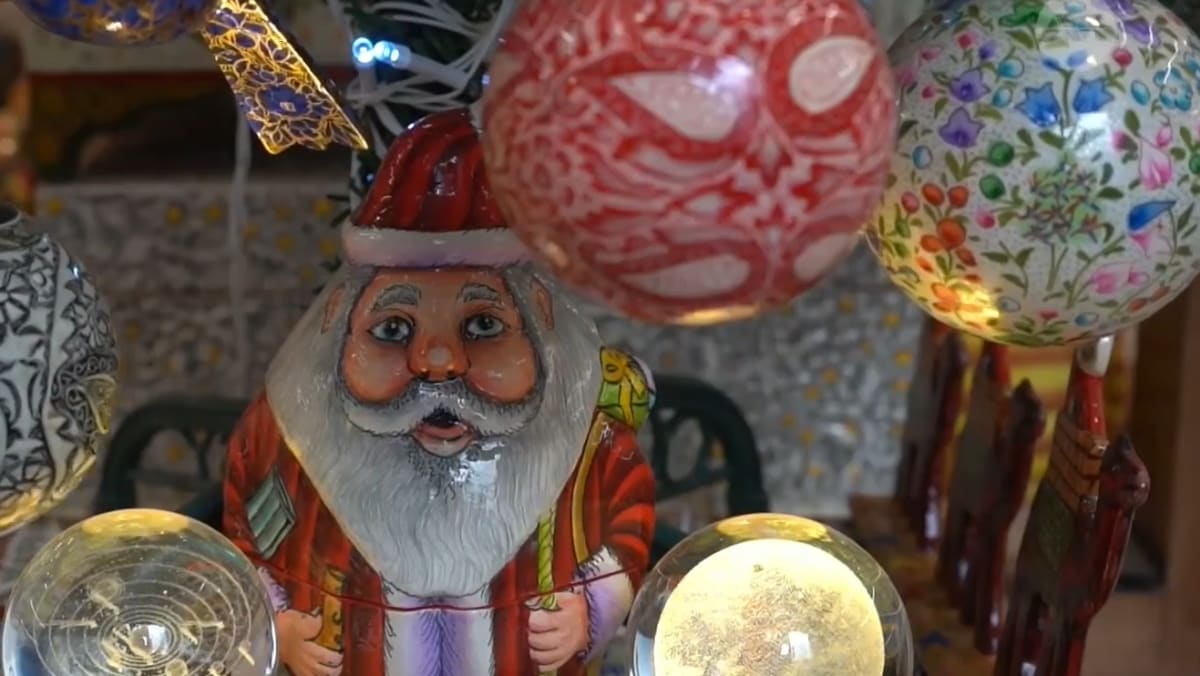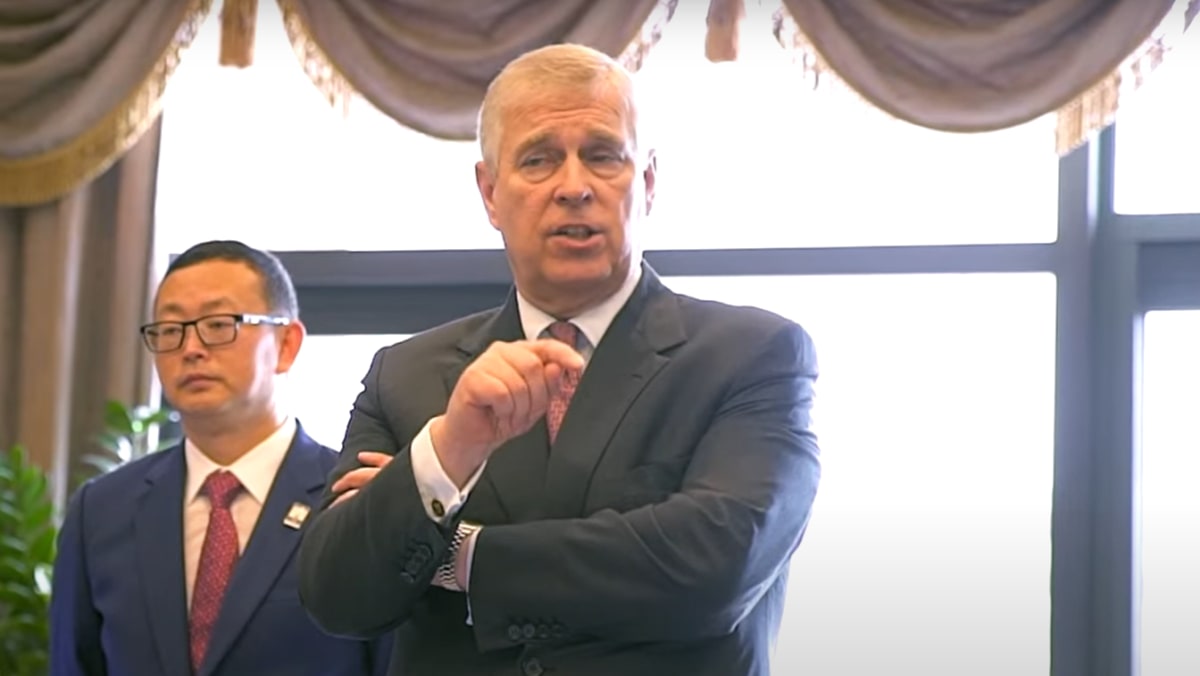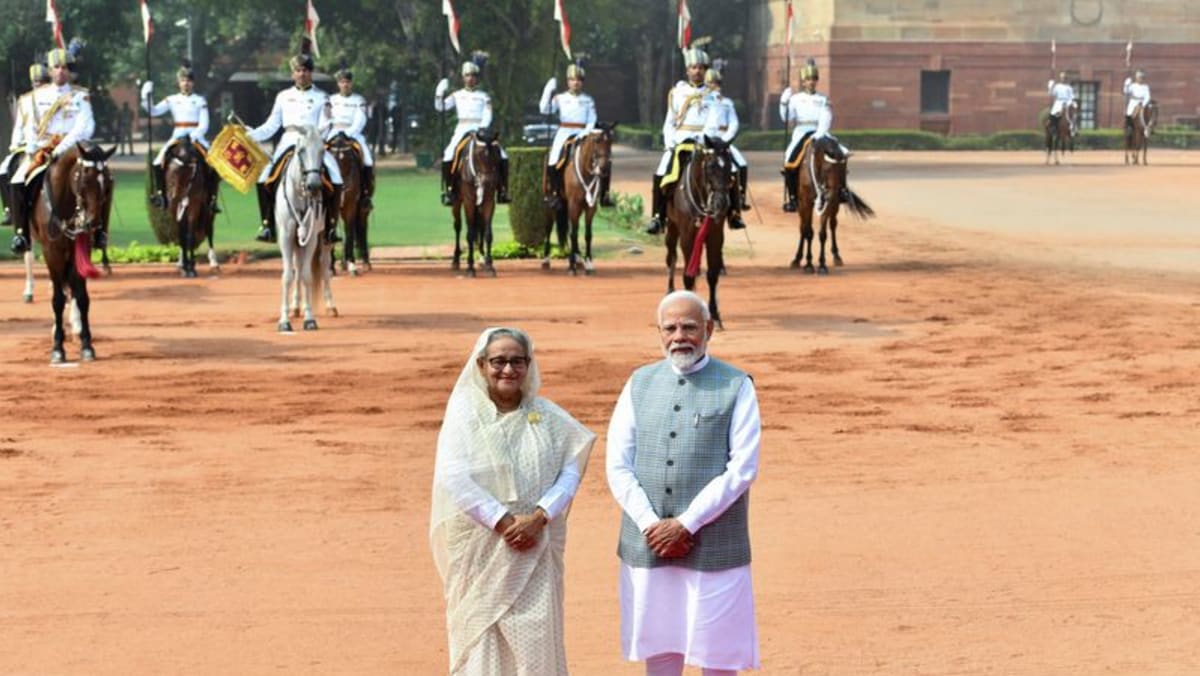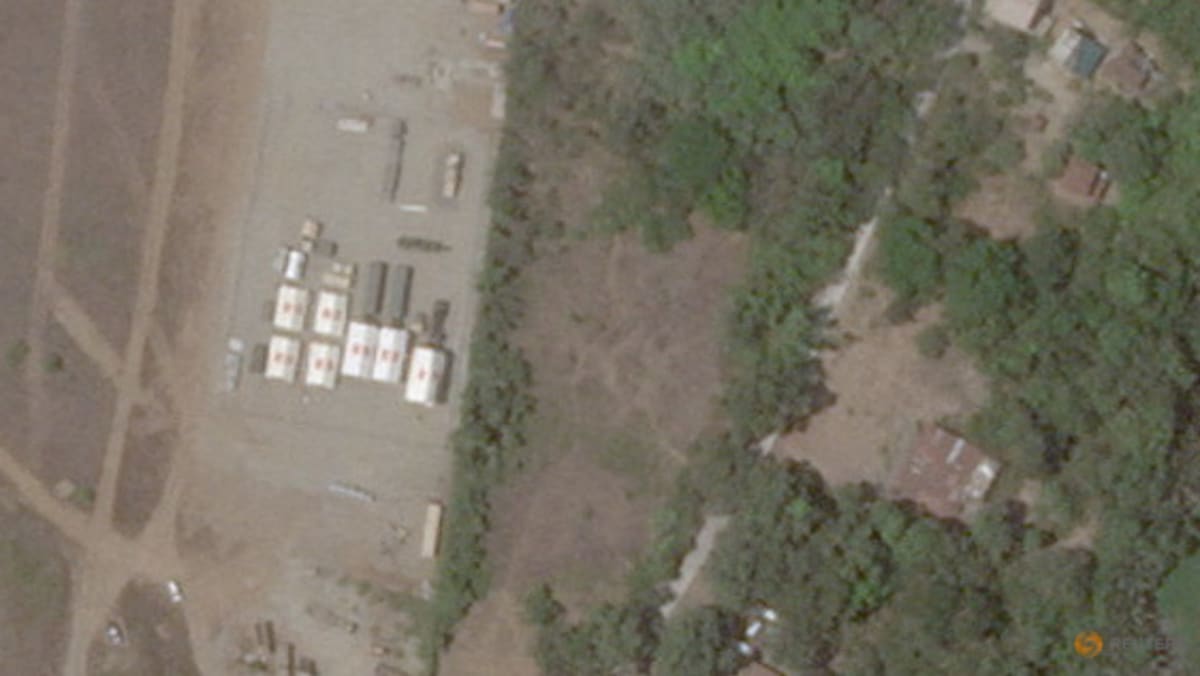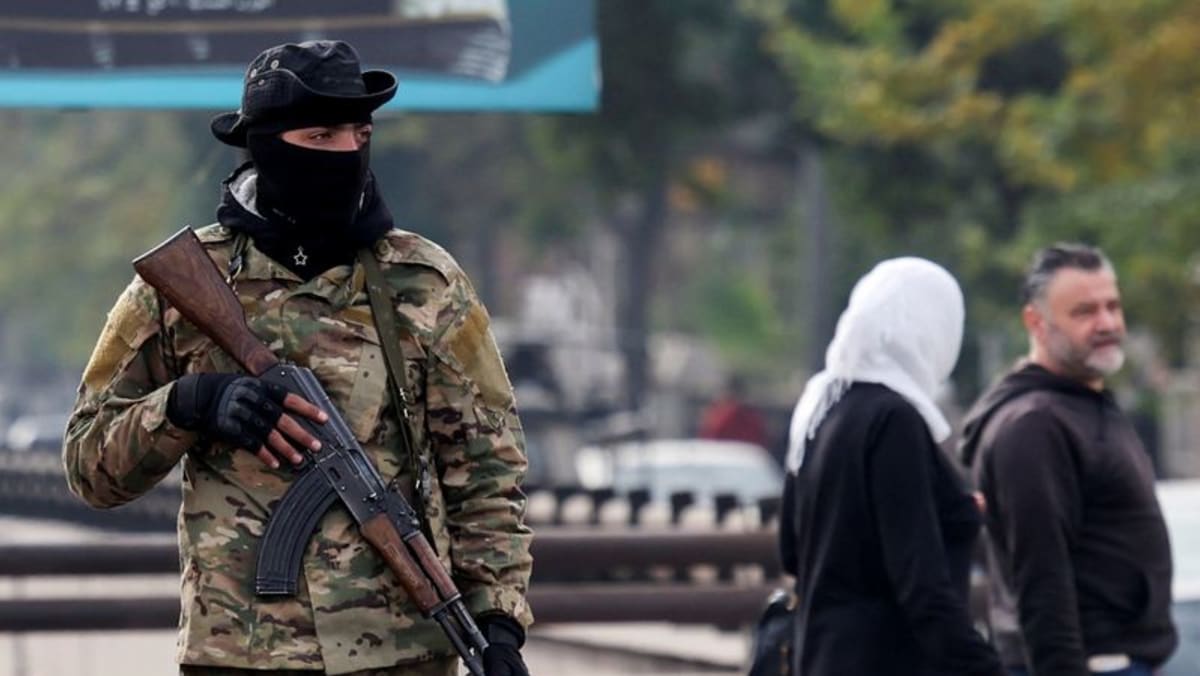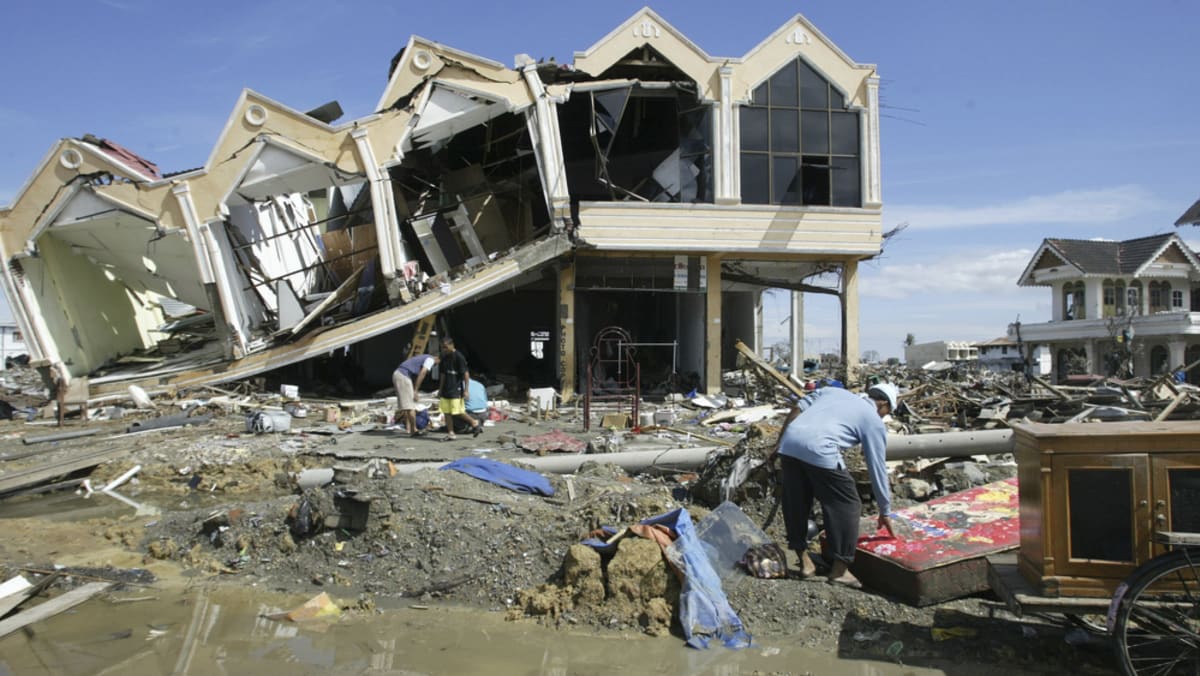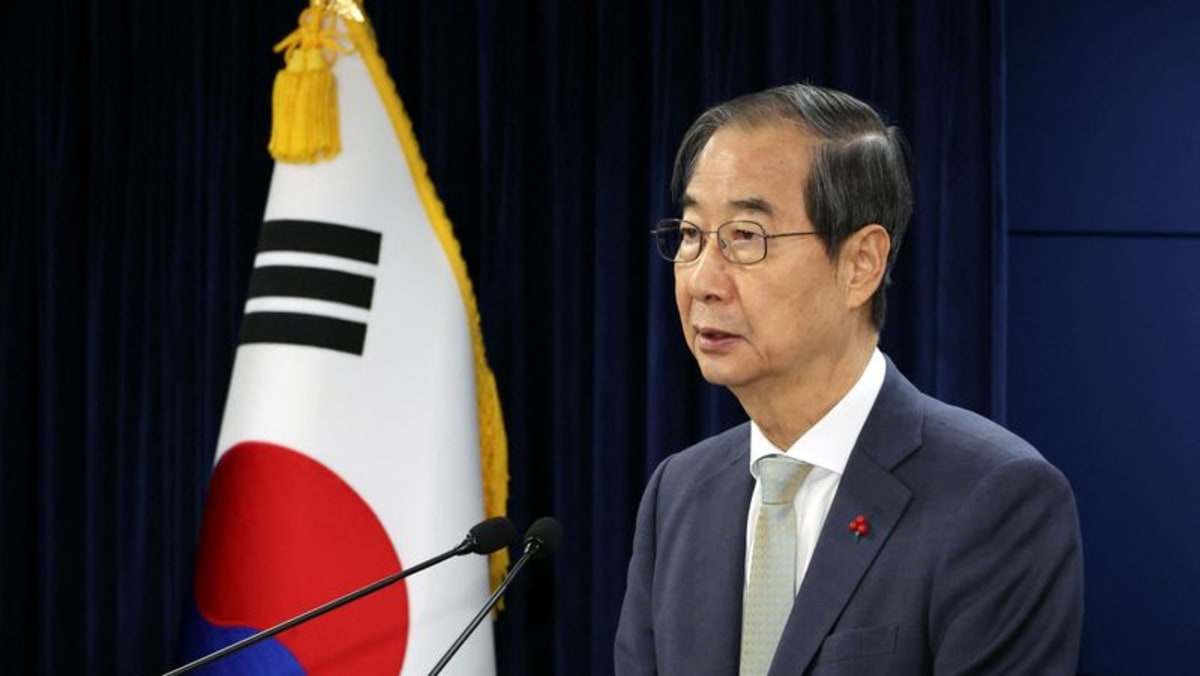Thailand’s royal defamation law emerges as a hot-button election issue
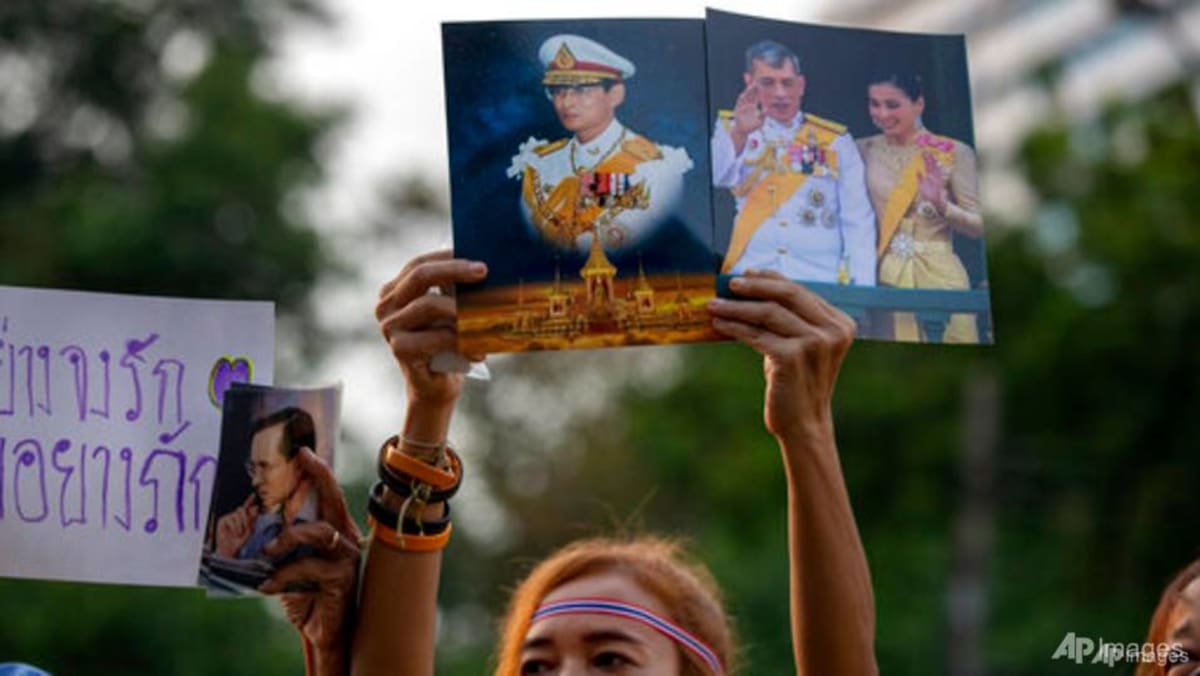
POLITICIANS DIVIDED ON LESE-MAJESTE LAW
Opinions on the lese-majeste law are divided among politicians along three main lines.
Several prime ministerial candidates have expressed their support to preserve the status quo on Section 112. These include incumbent Prime Minister Prayut from the United Thai Nation Party, who made a reference to the lese-majeste law during his campaign rally in Krabi last weekend.
“Don’t meddle with the law so much. The law about ‘the above’, don’t meddle with it,” the retired general told his supporters.
Last month, another prime minister hopeful Anutin Charnvirakul also declared that his party Bhumjaithai will not work with anyone who wishes to amend Section 112.
“This is our only condition,” he said in a press conference on Apr 26.
Meanwhile, a few prime ministerial candidates have backed the amendment of the law. One of them is Pita Limjaroenrat from the Move Forward Party, who described Section 112 as “problematic”.
The progressive party has proposed several changes to the law, such as reducing the penalty and assigning the Royal Household Bureau as the sole entity to press charges.
At present, lese-majeste is an offence related to national security and complaints can be made by anyone.
“We don’t want Section 112 to be used as a weapon against people with different views, or a weapon to destroy the country’s future or people who say the feelings of the era are no longer the same,” said Pita in a political debate on Apr 25.
Also pushing for legal changes is Warong Dechgitvigrom from the royalist party Thai Pakdee. But unlike the Move Forward Party, his has been campaigning for increased protection of the monarchy.
He claimed there is a movement that aims to destroy the institution and that the law should also protect more members of the royal family as well as the former monarchs of the Chakri dynasty, which reigns over Thailand today.
“I’d like to affirm that this law does not affect the development of the country, and that it’s not a problem for the people,” said Warong in a political debate last month.
The abolishment of the lese-majeste law is one of the key policies of the Commoners’ Party. Its parliamentary candidate Kornkanok Khumta mentioned in a political debate in April that Section 112 has become a weapon to “silence the ordinary people”.
“Many people, including some here today, were jailed for simply expressing their opinions without hurting anyone,” she said.
Based on data from Thai Lawyers for Human Rights (TLHR), at least 1,902 people have been prosecuted for taking part in demonstrations and expressing political opinions between July 2020 and April 2023. Of these, 242 were accused of lese-majeste, including 18 individuals aged below 18.
Their alleged crimes varied from expressing opinions on Facebook about a former king’s death, to holding up a three-finger salute in the Royal Plaza as a sign of defiance.
Source: CNA



